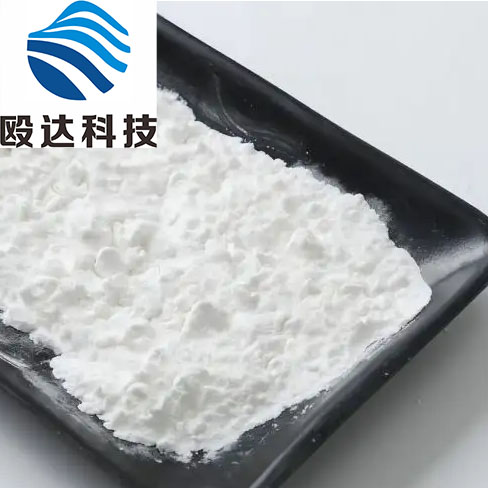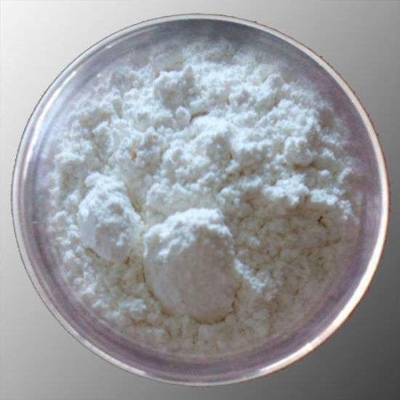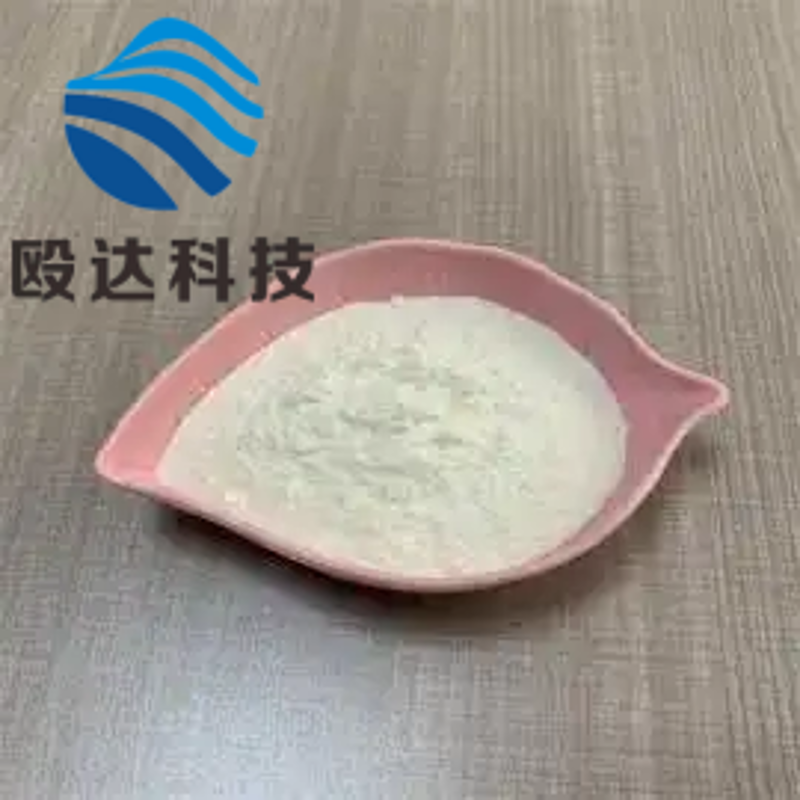-
Categories
-
Pharmaceutical Intermediates
-
Active Pharmaceutical Ingredients
-
Food Additives
- Industrial Coatings
- Agrochemicals
- Dyes and Pigments
- Surfactant
- Flavors and Fragrances
- Chemical Reagents
- Catalyst and Auxiliary
- Natural Products
- Inorganic Chemistry
-
Organic Chemistry
-
Biochemical Engineering
- Analytical Chemistry
- Cosmetic Ingredient
-
Pharmaceutical Intermediates
Promotion
ECHEMI Mall
Wholesale
Weekly Price
Exhibition
News
-
Trade Service
This article is from the NEJM Journal Watch Cancer Risk with Radioactive Iodine Treatment of Patients with Hyperthyroidism: Meta-Analysis: Cancer Risk with Radioactive Iodine Treatment of Patients with Hyperthyroidism.
Commentary by Thomas L.
Schwenk, MD Cancer The overall risk of cancer has not increased, but high doses of radioactive iodine (RAI) are associated with a small increase in solid tumor-related mortality
.
RAI has long been the standard treatment for patients with hyperthyroidism caused by Graves' disease, toxic multinodular goiter or toxic adenoma
.
In theory, we are worried about the increased risk of cancer, but very few studies have verified this concern; but at least one study currently shows the relationship between cancer-related mortality and RAI dose
.
In this meta-analysis, the researchers explored the above-mentioned associations in 12 observational studies (480,000 patients), which compared patients with hyperthyroidism receiving RAI treatment with the general population or thyroid function receiving non-RAI treatment Patients with hyperthyroidism were compared after correction
.
The combined incidence of all cancers was similar between the RAI treatment group and the control group; however, in the RAI treatment group, the risk of thyroid cancer was slightly but significantly higher (standardized incidence ratio, 1.
86)
.
The combined results of the two studies show that when a higher RAI dose (about 400-500 MBq vs.
100-200 MBq) is used, the risk of death from breast cancer and other solid cancers is slightly but significantly increased; the generally used therapeutic dose is 200~300 MBq
.
Comments Although the increased risk of thyroid cancer deserves attention, these results are largely reassuring because the overall risk of cancer after RAI treatment has not increased
.
Primary care physicians may be concerned about the dose of RAI received by patients with hyperthyroidism
.
Shim SR et al.
Cancer risk after radioactive iodine treatment for hyperthyroidism: A systematic review and meta-analysis.
JAMA Netw Open 2021 Sep 17; 4:e2125072.
(https://doi.
org/10.
1001/jamanetworkopen.
2021.
25072 ) Related reading NEJM Journal Watch is published by NEJM Group.
Internationally renowned doctors are invited to comment on important papers in the medical field to help doctors understand and use the latest developments
.
"NEJM Frontiers of Medicine" is translated several times a week, published on the app and official website, and selected 2-3 articles are published on WeChat
.
Copyright information This article was translated, written or commissioned by the "NEJM Frontiers of Medicine" jointly created by the Jiahui Medical Research and Education Group (J-Med) and the "New England Journal of Medicine" (NEJM)
.
The Chinese translation of the full text and the included diagrams are exclusively authorized by the NEJM Group
.
If you need to reprint, please leave a message or contact nejmqianyan@nejmqianyan.
cn
.
Unauthorized translation is an infringement, and the copyright owner reserves the right to pursue legal liabilities
.







